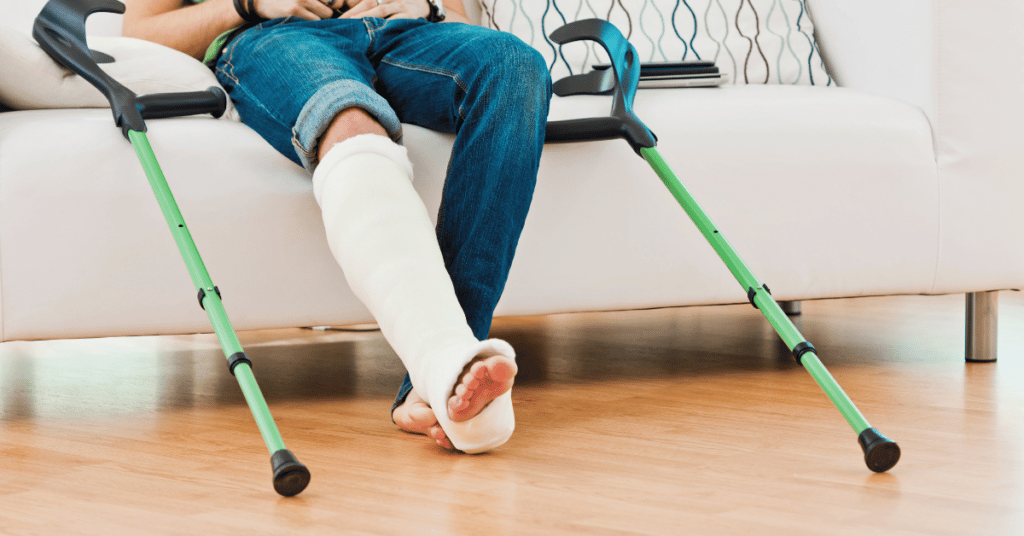
Maximum Medical Improvement (MMI) is a term doctors and the workers’ compensation program use to describe when a patient’s condition has plateaued.
At this point, a doctor believes that you have reached the best health possible after a workplace incident. Any remaining injury or illness will become a permanent disability that the medical professional treating you does not believe will improve regardless of treatment.
MMI comes from legal terms and not medical even though it is coming from your treating physician. Understanding this term is important to filing a workers’ compensation claim and avoiding long-term financial challenges as a result of your workplace injury.
What Happens Once My Doctor States I Have Reached Maximum Medical Improvement?
Once the doctor determines that you have reached maximum medical improvement, it will trigger one of the following changes.
- If you have no lingering effects or limitations from the injury, the insurance company will likely close your claim.
- Workers who were receiving temporary total disability (TTD) will likely stop receiving those payments.
- The doctor might issue permanent restrictions if you can no longer do certain activities.
- This will bring up the question of the need for future medical care or palliative care.
- Gives the injured worker the chance to dispute the determination of the worker’s ability to return to work or do certain activities and request an Independent Medical Exam.
- Patients that have lingering limitations or changes to their well-being will get a Permanent Partial Impairment (PPI) rating from their doctor.
- A worker that has received a PPI rating will get an offer from the insurance company to compensate for those long-term disabilities or changes in their ability to work.
- The determination of MMI triggers final settlement discussions.
What Happens if I’m Cleared to Return to Work but Don’t Feel Ready?
One challenge with MMI is that sometimes patients don’t feel ready to return to work. Despite the doctor determining that they are well enough to return or that they can do at least part of what they had previously, the worker might still be experiencing pain with certain activities, fatigue, etc.
While you can request an Independent Medical Exam, that exam might result in the same conclusion. If so, you’ll need to do all you can to return to work or risk losing your income. That’s because your workers’ compensation benefits will likely end if the doctor determines you have no long-term disability or ongoing ailments.
If you plan to request an Independent Medical Exam, you’ll need to act quickly. You have seven days from the date of the doctor issuing the MMI to complete the request form. You will not have to pay for the Independent Medical Exam.
Should I Settle My Claim?
Once you settle your claim, it is completely closed, and you won’t be able to submit additional medical expenses or other financials against that claim.
So should you settle? It really depends on the circumstances. You should discuss the matter with your Indiana workers’ compensation attorney before signing off on a settlement.
The insurance company will automatically send you paperwork to settle your case when the doctor assigns a Permanent Partial Impairment (PPI) rating. But you should not sign this paperwork unless you understand it fully. Your attorney can explain what everything means and what happens when you sign the form.
When you sign off on a final and full settlement, you’re signing away your rights to reopen the case if your injury starts causing you trouble again or begins to worsen once you return to work. That’s why you should be careful signing off on these settlements.
Stewart & Stewart offers a free consultation to provide crucial workers’ compensation insights and direct injured workers toward resources and an understanding of their rights. Schedule your free consultation now.

